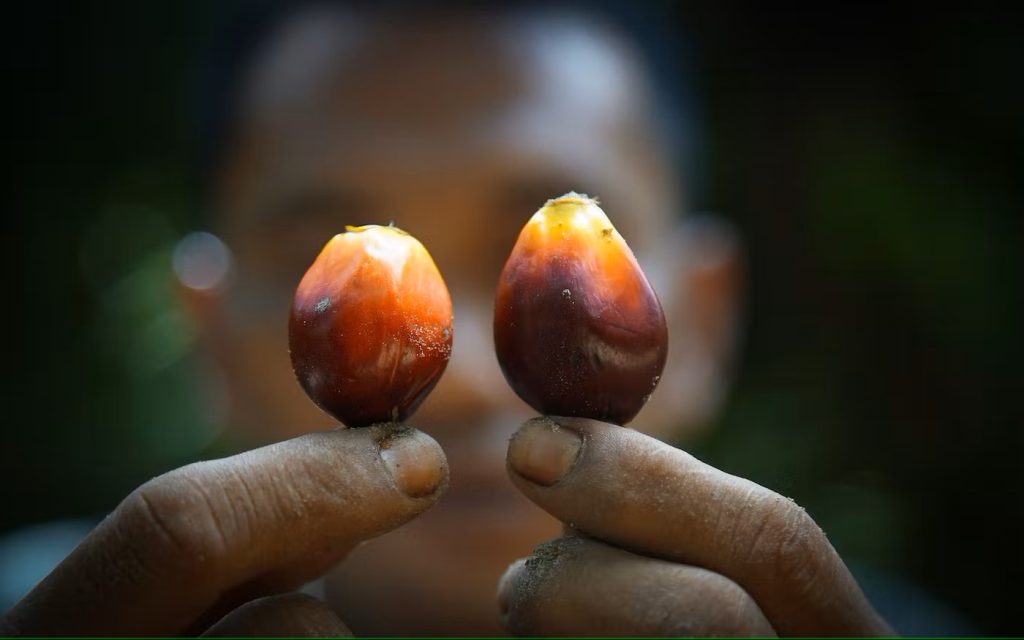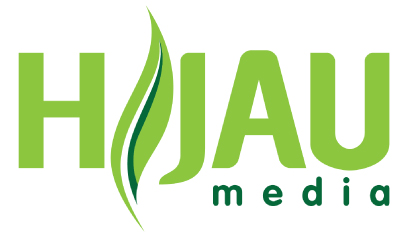Corruption stokes malpractice in Indonesia’s palm oil industry

Indonesia’s top 50 palm oil companies have weak antigraft measures, rendering the industry highly prone to corruption, according to a new report by Transparency International Indonesia. By Hans Nicholas Jong, Mongabay.com The combination of weak antigraft policies, lack of transparency, revolving-door politics, and the prevalence of politically exposed persons within companies makes Indonesia’s palm oil industry highly prone to corruption, a new report says. Published by anticorruption NGO Transparency International Indonesia (TII), the report evaluates the top 50 palm oil companies in Indonesia, the world’s biggest producer of palm oil. It focuses in particular on their disclosure practices with respect to their anticorruption programs, lobbying activities,
